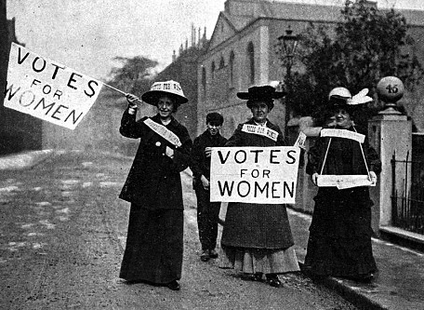Some activists in the 1800s proclaimed marriage to be a form of sexual slavery

Some Activists in the 1800s Proclaimed Marriage to be a Form of “Sexual Slavery”

Marriage has evolved significantly throughout history, with societal views and norms constantly changing. In the 1800s, a group of activists emerged who challenged the traditional institution of marriage, proclaiming it to be a form of “sexual slavery.” This perspective, while controversial at the time, contributed to the ongoing struggle for gender equality and the reevaluation of women’s rights.
During the 19th century, marriage was often characterized by strict gender roles and power dynamics. Women were expected to fulfill domestic duties, raise children, and obey their husbands without question. Similarly, men held authority over their wives and controlled most aspects of their lives, including their finances and personal decisions. This disparity in power led some activists to view marriage through the lens of women’s oppression, arguing that it restricted their autonomy and individuality.

Critics of marriage believed that women were reduced to being property or commodities, passed from their fathers to their husbands. They argued against the societal norms that dictated marriage as the only acceptable path for women, rejecting the idea that a woman’s worth solely relied on her marital status. These activists aimed to challenge the traditional patriarchal system, advocating for women’s rights, education, and the opportunity to pursue their own ambitions outside of the confines of marriage.
The notion that marriage was a form of “sexual slavery” provoked intense debates and discussions. It sparked conversations about the fundamental rights of women and highlighted the need for social and legal reforms. These activists played a crucial role in paving the way for subsequent waves of feminism and the fight for gender equality.
While the perspective of marriage as “sexual slavery” may have been a radical concept for its time, it is important to understand the historical context in which these ideas emerged. By questioning traditional beliefs and advocating for change, these activists made significant contributions to the ongoing struggle for equal rights and opportunities for women.
Sources:
Tags
Share
Related Posts
Quick Links
Legal Stuff

